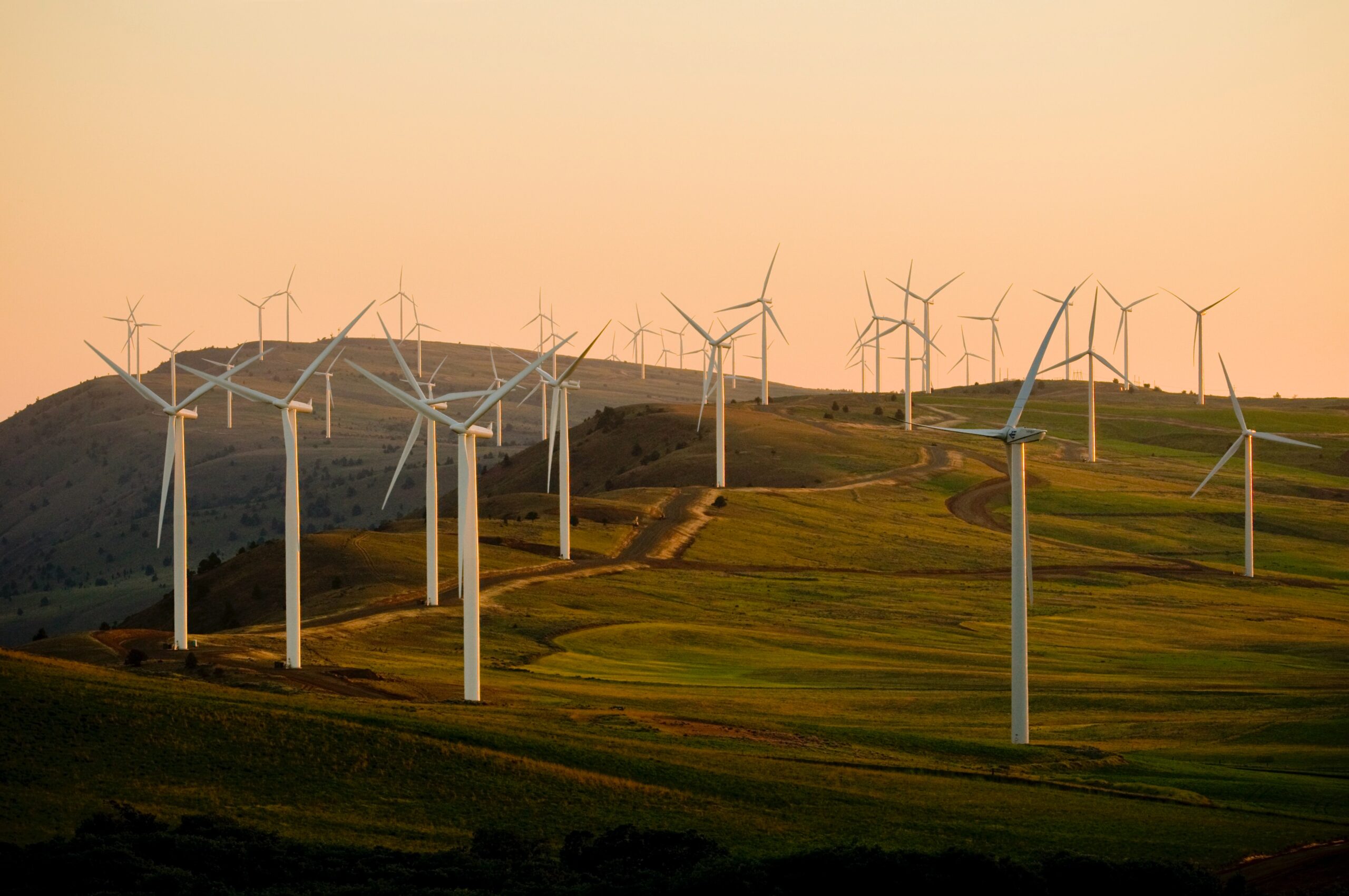Clean energy is a need that has to be addressed for wide and positive social impact. In keeping with this need, the Power Ministry has taken the two decade old Energy Conservation Act of 2001 and proposed an Amendment. In the proposal for the amendment, the Power Ministry has tackled the issue of clean energy by proposing the following:
- A specific definition of the minimum share of renewable energy;
- These units are to be held by industrial setups for their consumption;
- There would be four stakeholder consultations;
- These consultations would help gather inputs to further refine the proposed amendment;
- The global challenge of climate change would be addressed;
- Solutions for clean energy would be put forward accordingly.
These proposed changes are seen as hallmarks of a rising consciousness around the judicious use of energy. The lack of energy saving and energy replenishing models has prompted the Power Ministry to take such a stance. In the future, these proposed changes would have the following social impact:
- The use and promotion of alternative fossil fuels like green hydrogen;
- Enhanced involvement of the private sector in all matters of clean energy consumption and preservation;
- An expansion of the Act of reach out to influence larger residential complexes as well;
- Promotion of energy efficient business practices that would address a larger problem being faced nation wide;
- Carbon credits to be granted as additional incentives so as to deploy clean technologies that will keep the energy clean as well.
The point of the proposed changes is to ensure that sustainable habitats – both commercial and residential – are born. The Power Ministry is ready to invest and buy into these changes in order to meet the growing energy needs of growing businesses and various sectors in the country’s economy. The stance has been adopted to have a wider social impact where energy is the mainstay rather than growth at the cost of energy consumption and pollution.


























